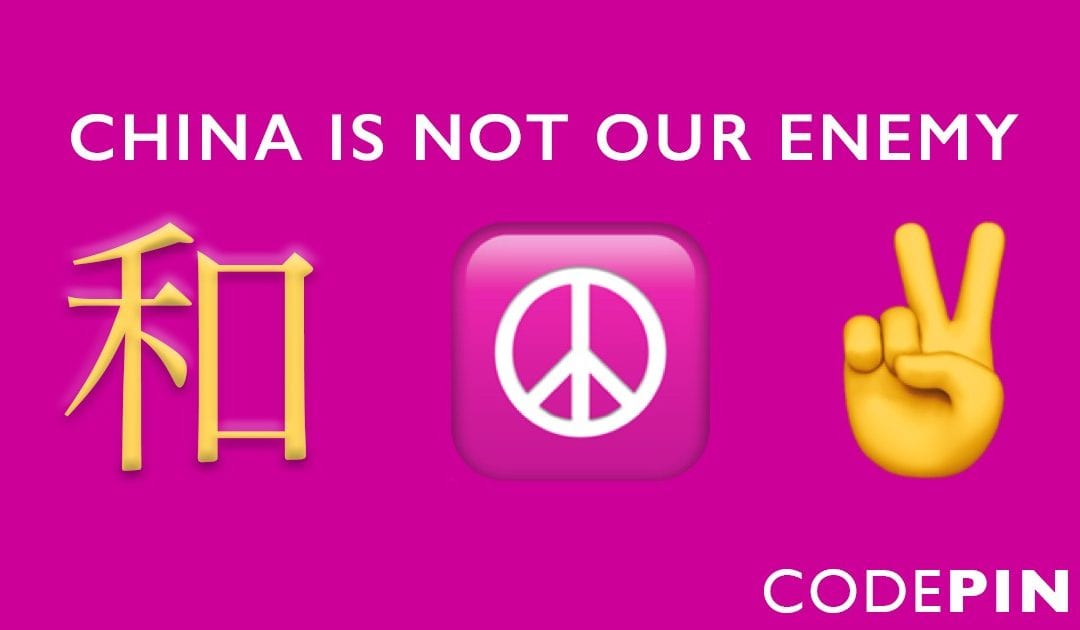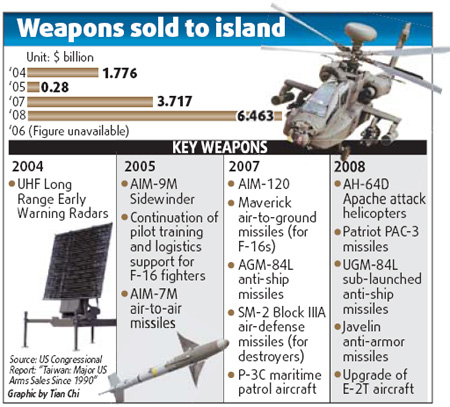
Not If US Keeps Its Hegemonic Ambitions
Michael Brenner / The Center for Transatlantic Relations
The United States is facing a momentous question of historic dimension. How we respond will determine the shape and tenor of relations among the world’s powers. Yet, it has not been recognized — by official Washington or the country’s political elite. Hence, our answer to date has been implicit rather than the outcome of deliberate thought. Time is not on our side.
There is mounting evidence that the leadership in Beijing is offering the United States a Geo-political ceasefire. (See below) The same can be said for Putin’s Russia that has been conveying a matching message, likely in concert with its Chinese ‘strategic partner’.
The substance has been obscured by the static engendered in a series of meetings between senior American officials and their counterparts whose adversarial tone stems in large part by Washington’s peremptory attitude — as if a superior remonstrating with an inferior delinquent.
Here are the proposed terms, in summary form.*
- The United States recognizes China as another great power to be addressed on terms of equality.
- Just as the US has its red lines demarcating its core interests, so does China. They encompass Taiwan as mutually agreed in the historic 1972 accord that officially inscribed the “one China” principle, and the littoral waters of the South China Sea and East China Sea. They constitute what Beijing calls “zones of interest.” (Not ‘spheres of influence” — as they stress). The Russian counterparts are Ukraine, and other former parts of the Soviet Union, whose conjectured membership in NATO is unacceptable to them.
- The PRC, in turn, recognizes a far more extensive American “zone of interest” that covers its European allies, Japan and Oceania.
- China is in the process of establishing conventional military superiority in and around its “zone of interest.” That gap will widen over time, as the Pentagon’s war games clearly indicate.
(MB: Washington’s infatuation with the so-called ‘QUAD’ will not redress that configuration of forces. Both India and Japan’s newly installed Prime Minister, Fumio Kishida, already have taken steps to distance themselves from the idea of a security alliance dedicated to countering the PRC. The latter went out of his way to initiate expressions of goodwill and cooperation with President XI. Modi, for his part (along with the country’s political elite overall), has no inclination to play second fiddle (viola?) in Asia to the US in the manner of the British in Europe. Joining the US in a quixotic plan to protect Taiwan’s independence at all costs is an extremely high-risk strategy that comes close to being a suicide pact. It is far more likely that Japan and India each will seek a modus vivendi, accommodating their own interests to those of their powerful neighbor. Their current points of dispute are minor; painful historical memory is not salient enough to jeopardize their well-being. Neither the Indians nor the Japanese are willing to go to war with China for the sake of Americans’ identity crisis or Washington’s hegemonic ambition. So, at best, the Quad will end up a patched together Isosceles Quartet — if not a duo). - Russia aims to establish a similar conventional military superiority in and around its “zones of interest” — as it demonstrated at the height of the Ukraine crisis this past Spring
- China rejects the idea of a comprehensive global arms race. Strategically, it does not harbor the ambition of replacing the United States as the strongest military power around large swathes of the globe. If Washington is desirous of spending vast resources in fruitless efforts to control regions far from its shores that is the Americans’ decision to make. Beijing believes that it is wasteful, pointless and works against international peace and stability.
- Moscow shares that assessment.
- An implicit exception is those places and instances where a jihadist movement is taking hold which could pose a terrorist threat to themselves (Chechens, Uighurs). Their stated preference is to address those situations on a multilateral basis. Russia, specifically, cites the American abetting of al-Qaeda & Assoc in Syria along with tolerance for the Saudi, Qatari and Turkish sponsorship of the Islamic State.
- China will not allow the United States to as much as contemplate using a nominal nuclear superiority to intimidate the PRC — most specifically in the eventuality that it is on the losing end of a conventional war. Toward that end, it is strengthening its nuclear deterrent forces in both quality and quantity. But it has no intention of entering into a nuclear arms race
- Russia’s technical advances at all levels of armaments is animated by the same considerations.
- China does not accept the United States’ assumed privilege to meddle in the country’s domestic affairs, to pass judgment on our social institutions or to lecture us about moral values. Respecting the autonomy of each country to manage its internal affairs in its own way is the bedrock of peaceful, mutually beneficial relations between them
- On these grounds, cordial relations can be fostered among the powers in the interest of global stability and economic engagement. Mutual respect and the abjuring of coercive methods are the sine qua non.
This is the message that comes across from a close reading of public statements from Beijing and Moscow as well as from the extensive readouts of recent private discussions with their American counterparts.
To date, it apparently has not been heard or comprehended. Its rejection has been a priori insofar as the United States remains committed to maintaining global superiority, escalation dominance militarily in all spheres, and the prerogatives of self-appointed overseer of international affairs. Sound, serious foreign policy activates all the faculties: listening, reading and thinking — as well as talking.
It behooves the American political class to take a step back in considering those premises in a long-term perspective. Prominent in that review should be a close examination of alternatives. What are they? War? — with the probable result suffering a humiliating defeat or nuclear annihilation?
Fantasizing about regime change in Moscow or Beijing (albeit more likely in Washington than over there — objectively speaking)? Persisting in the puerile game of disparaging/denouncing China and everything Chinese.

That latter tack is on display daily in The New York Times, in the New York Review of Books, in the incestuously repetitious publications of the think tanks, in the yelps of politicos, in the smoldering words of NATO’s robotic marionette Jens Stoltenberg in the cliched punditry of TV commentators, and — not least — in the conduct of our amateur officials who confuse diplomacy with the metronome of accusation and insult.
That path through fantasyland leads ultimately to shock and trauma as reality inevitably catches up to us. At that point, accumulated paranoia and anxiety could place an unbearable stress on the already fragilized institutions of the American body politic.
Michael Brenner is Professor of International Affairs at the University of Pittsburgh and a Senior Fellow at the Center for Transatlantic Relations, SAIS-Johns Hopkins (Washington D.C.)
Posted in accordance with Title 17, Section 107, US Code, for noncommercial, educational purposes.